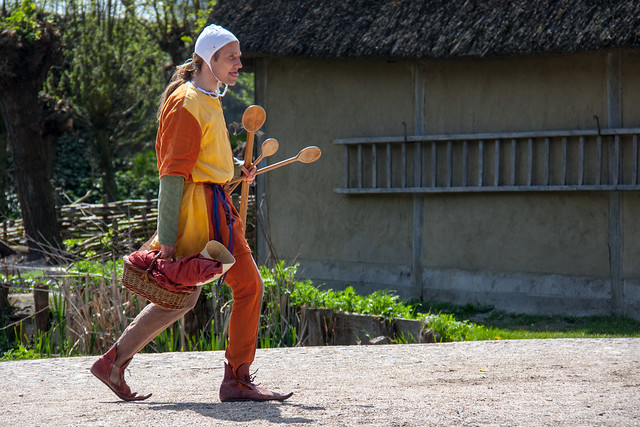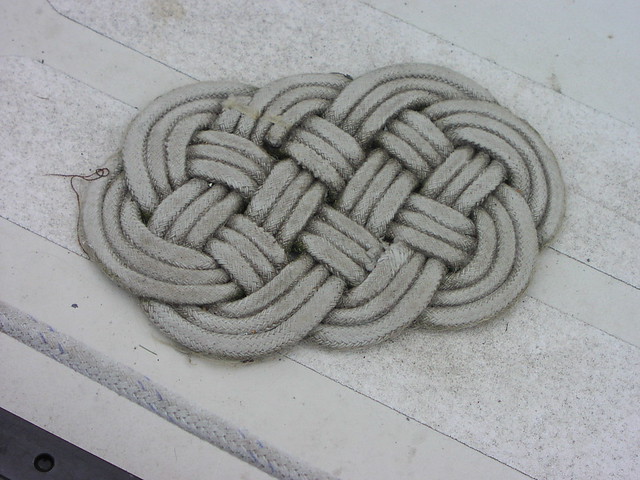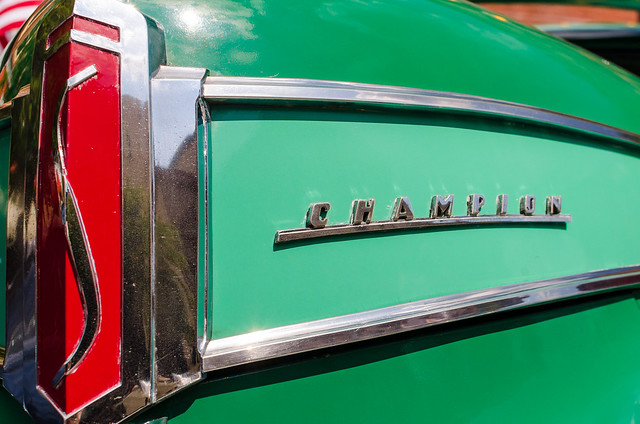Podcast: Play in new window | Download
Today we’re exploring the origins of the word pique.
Pique [piːk / pik] means:
- to affect with sharp irritation and resentment, especially by some wound to pride
- to wound (the pride, vanity, etc.)
- to excite (interest, curiosity, etc.)
- a feeling of irritation or resentment
It comes from the French piquer (to prick, sting, annoy, get angry, provoke), from the Old French piquer (to pierce with the tip of a sword), from the Vulgar Latin *pīccāre (to sting, strike, puncture), which is either onomatopoeic, or from the Frankish *pikkōn (to peck, strike), from the Proto-Germanic *pikkōną (to knock, peck, pick, prick) [source].
English words from the same Proto-Germanic root include pick and pitch. The pie in magpie possibly comes from the same root, via the Old French pie (magpie), and the Latin pīca (magpie) [source].
The Latin word pīca is the root of such words as the Spanish pica (pike, lance, pick, spade ♠), and picar (to itch, sting, chop, bite), and the Italian pica (magpie) [source].
Incidentally, the name of the Pokemon character Pikachu has nothing to do with stings or magpies. Instead it comes from the Japanese onomatopoeic word ピカピカ (pikapika – glittery, sparkly), and チューチュー (chūchū – squeak, cheep, peep, slurp, mouse) [source].
Here’s a video I made of this information:
Video made with Doodly [afflilate link].
I also write about words, etymology and other language-related topics on the Omniglot Blog, and I explore etymological connections between Celtic languages on the Celtiadur.
You can also listen to this podcast on: Apple Podcasts, Amazon Music, Stitcher, TuneIn, Podchaser, PlayerFM or podtail.
If you would like to support this podcast, you can make a donation via PayPal or Patreon, or contribute to Omniglot in other ways.














